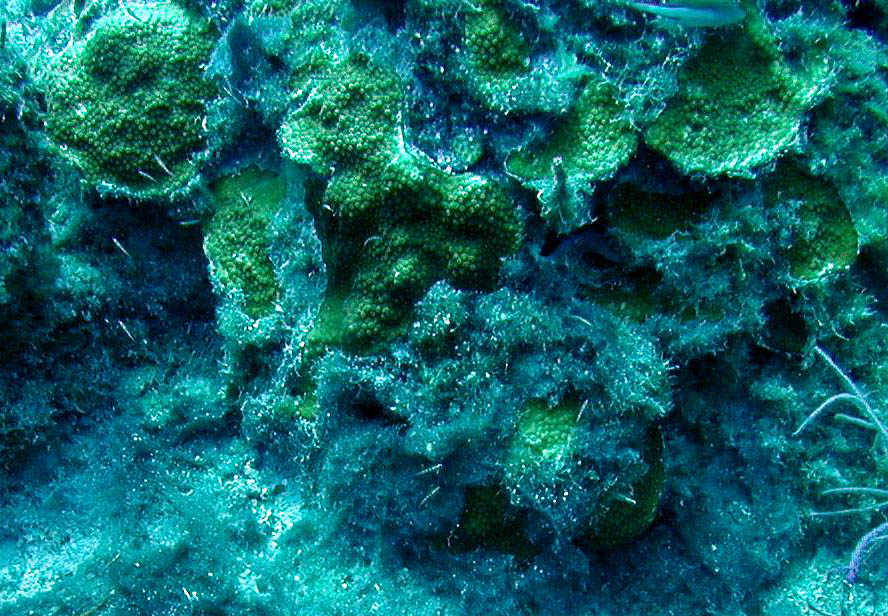Product Description
Of the entire collection, this is one of the LARGEST examples we will be offering. The EPIC proportions, the 3D high relief, and the blushes of natural rust reddish brown hues on the bacterial balls against the white, make for an INCREDIBLE and display piece!
Stromatolites are the FIRST evidence we have for life on Earth. When space exploration seeks life on other planets such as Mars, the specific evidence they are looking for is the presence of fossil stromatolites - traces of prehistoric bacteria colonies formed in water. Stromatolite fossils should be the foundation of any fossil display or collection and yet, they are often absent and their importance overlooked despite their enormous scientific importance in the history of all life.
Presented here is an EXTREMELY RARE and unusual example of fossil stromatolite with intact natural ball structures. It is an OLIGOCENE lacustrine (formed in a prehistoric lake) stromatolite colony once deposited by prehistoric cyanobacteria. This specimen is one of the largest Oligocene natural form stromatolite fossil colonies we will offer. It is massive, looking like a giant mountain of ice cream scoops! It has been laboriously prepared in our lab where we painstakingly removed the upper matrix rock layer to reveal all the delicate intact anatomy of each colony. Each cyanobacteria fossil ball shows rare detail and fully inflated bacteria globule anatomy as it was when once alive! Fossil stromatolites of this natural form and geologic period are NOT found on the commercial market. We have never before seen such an unusual and exquisite fossilized cyanobacteria colony as these. The entire collection we are offering, was from a single transaction and discovery with no more specimens being available after this limited number is sold.
WILL REQUIRE CRATING AND TRUCK FREIGHT DELIVERY
The fossil market has no shortage of stromatolite fossils but in every case, they are sliced and polished slabs of a former fossil colony. The slices are most often from fossil bacteria mats that are not much more than wavy layers of stone. Fossil stromatolites kept in their natural state are extremely rare and offer a valuable glimpse of what the cyanobacteria colony once looked like millions of years ago.

 US DOLLAR
US DOLLAR
 EURO
EURO
 AUSTRALIAN DOLLAR
AUSTRALIAN DOLLAR
 CANADIAN DOLLAR
CANADIAN DOLLAR
 POUND STERLING
POUND STERLING
















